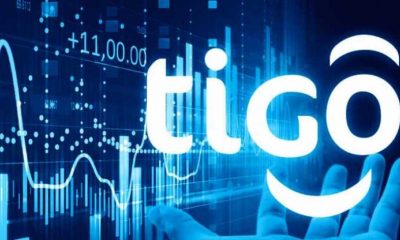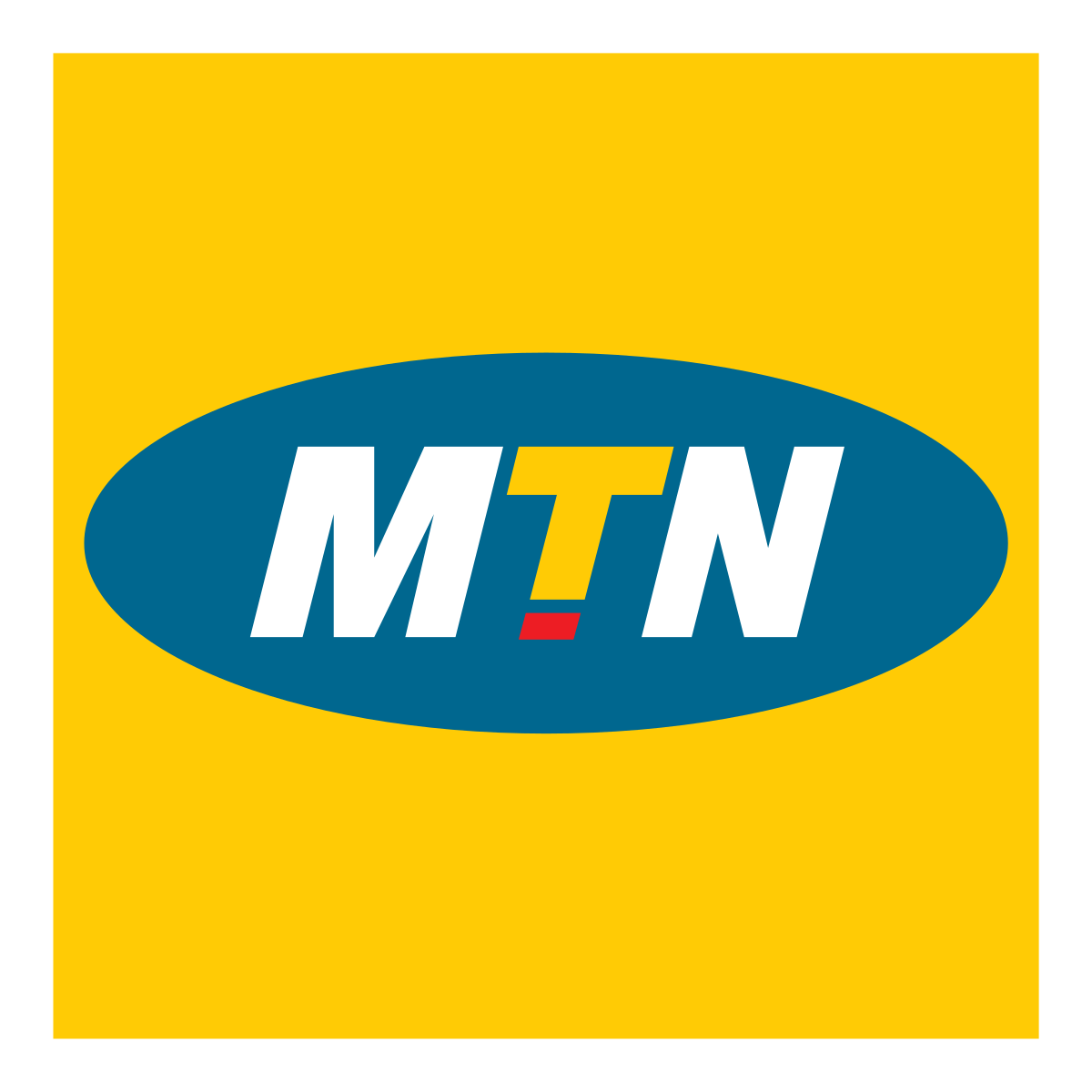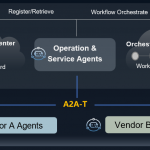Economy
How 5G Will Impact Nigeria’s Business Sector in 2021?
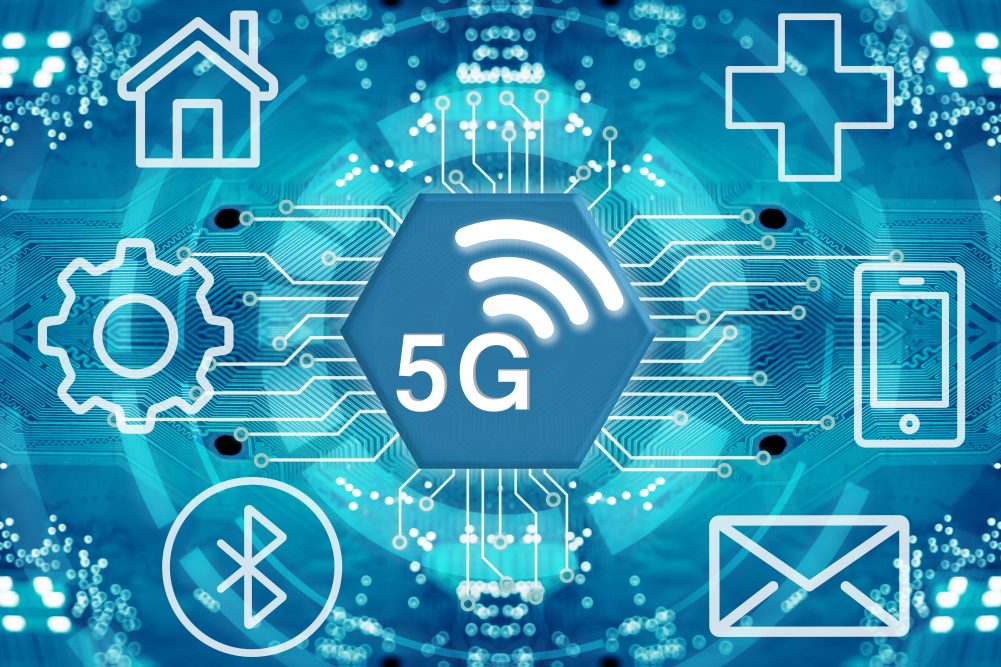
5G technology has divided public opinion across the globe. Stories of international data farming, societal controls and even claims of involvement in creating the current COVID-19 pandemic have tarnished its reputation in recent months.
As the conspiracy theories subside, the world pushes forward with plans to implement this game-changing tech and the list of “5G ready” countries looks set to boom in 2021 with Nigeria poised proudly at the front of the queue.
What is 5G?
The fifth-generation network is a wireless connection that makes use of a combination of large radio towers and smaller transmitters to bring an ultra-high frequency signal within reach of populated areas.
Using this signal, entire nations can effectively be transformed into a giant wireless network to connect everyone and everything in its path.
5G technology has been in the pipeline since 2011 when studies of millimetre waves led to research into what is now known as 5G. It’s taken several years of research and testing to get us to this point, but it’s now billed to become the telecom industry standard during the next 20 years.
The production of 5G-ready devices is still very much in its infancy and is certainly playing catch up. Current mobile phones with 4G capabilities aren’t physically able to use the network and neither are the vast majority of tech products in people’s homes.
The race is now on to connect everyone and everything to one super network that will transform businesses not only in terms of day-to-day efficiency but also in the way that user activity data can be relayed and used to enhance marketing methods.
How will 5G benefit business in Nigeria?
As with all countries, Nigerian businesses will use the new tech to transform their everyday activity into a more streamlined version of itself.
In the wake of the current pandemic, remote working is set to remain on the up and 5G’s ability to provide incredibly low latency rates means that online meetings will become as fast and crisp as their face-to-face counterparts.
Not only will low latency improve everyday activities around the office, but it will also mean big advances in the reliability of robotics. Self-drive cars, for example, rely on real-time reactions to adjust to sudden changes in the immediate environment and 5G will help to eliminate safety concerns in this area.
Lighting quick internet connection will also help enhance the online gaming community and pave the way for Nigeria to build on its recent success in La Cup D’Africana tournament where they took the top spot in the biggest PlayerUnknown’s Battleground (PUBG) competition on the continent.
Online casinos are another key area of growth that stands to make big gains from an optimised user experience thanks to 5G technology.
Online gambling in Nigeria is regulated by the National Lottery Regulatory Commission, but be aware that current laws make no provision for online casinos based in other countries so, always use a trusted source to find legitimate organisations such as the casinos that can be found at casinosnotongamstop.xyz.
The housing sector is on course to become an unlikely beneficiary from 5G networks in the coming years as advances in VR, AR and 3D technology will be used to present realistic walkthroughs and detailed presentations of property that will bring real estate marketing into a new era of high-tech marketing.
Demand for property in Nigeria has doubled over the last couple of years and this could be eased dramatically as the production of housing materials becomes more efficient and streamlined in the wake of new network capabilities.
When will 5G be available in Nigeria?
The long-awaited final announcement from the Nigerian Communications Commission (NCC) looks set to be upon us shortly as discussions with key stakeholders are entering their final stages.
After trials were rolled out during 2019, the NCC has made use of a consultation period to assess the health implications and environmental impact of the new 5G infrastructure. No huge concerns have been raised and the final piece of the puzzle is largely a question of finances as the commission clarifies who the major players will be in this market.
Although no fixed date has been set, it does look to be increasingly likely that early 2021 will see the country join the super-fast internet elite.
Economy
Nigeria Eyes Oil Windfall as Brent Hits $80 on US-Israel-Iran Conflict

By Adedapo Adesanya
Nigeria could face a windfall from rising oil prices as Brent crude, the international crude benchmark, hit $80 per barrel on Monday as the United States and Israel air strikes on Iran plunged the Middle East into crisis.
Following the action, which commenced on Saturday, most tanker owners, oil majors and trading houses have suspended crude oil, fuel and liquefied natural gas shipments via the Strait of Hormuz, responsible for around 20 per cent of global oil flows.
Energy analysts and investment banks expect oil prices to surge this week to $90, with a chance of hitting $100 per barrel if disruptions to traffic in the crucial Strait of Hormuz persist.
As of press time, oil prices had already spiked by 10 per cent to above $80 per barrel for Brent. This could have a positive ripple effect for Nigeria, which is an oil-producing country despite challenges to production, as it uses the Brent crude price to gauge the value of its crude grades, including Bonny Light, Qua Iboe, Forcados, Escravos, among others.
Nigeria, which depends on crude for over 80 per cent of export earnings and a substantial share of government revenue, could see elevated prices translate to higher foreign exchange earnings, stronger reserves, and improved balance of payments.
Seeing the scale of the conflict and the already disrupted traffic through the Strait of Hormuz, analysts expect further spikes at least this week. This could mean higher oil export receipts, which could boost Nigeria’s foreign exchange liquidity, which can support the Naira and reduce FX volatility if the gains translate into actual FX inflows.
However, the country is plagued by volatile oil production, with oil output below the 1.5 million quota ascribed by the Organisation of the Petroleum Exporting Countries and its allies (OPEC). Latest data released last month showed that Nigeria’s production increased to 1.45 million barrels per day in January 2026 from 1.42 million barrels per day in December 2025.
Meanwhile, eight members of OPEC+, excluding Nigeria, on Sunday agreed to raise output by 206,000 barrels per day from April, a modest increase representing less than 0.2 per cent of global demand.
Analysts See Oil Prices at $90 a barrel in the Near Term
Citigroup expects Brent Crude to trade in the $80 to $90 per barrel range over at least the coming week in the bank’s base case.
“Our baseline view is that the Iranian leadership changes, or that the regime changes sufficiently as to stop the war within 1-2 weeks, or the US decides to de-escalate, having seen a change in leadership and set back Iran’s missiles and nuclear program over the same time frame,” analysts at Citigroup wrote in a note carried by Bloomberg.
Goldman Sachs sees an $18 a barrel real-time risk premium in oil prices. However, if only 50 per cent of flows through the Strait of Hormuz are halted for a month, the war risk premium to prices would moderate to $4 per barrel, according to Goldman.
Wood Mackenzie sees disruption in flows to push oil to above $100 per barrel.
“Higher oil and gas prices are certain as the closure of the Strait of Hormuz threatens to disrupt 15% of global oil supply and 20% of global LNG supply, with oil prices potentially exceeding $100/bbl if tanker flows are not quickly restored,” it said in a press release.
Rystad expects prices to rise by $20 to about $92 a barrel.
Economy
OPEC+ Agrees Modest Oil Output Boost as US War on Iran Disrupts Shipments
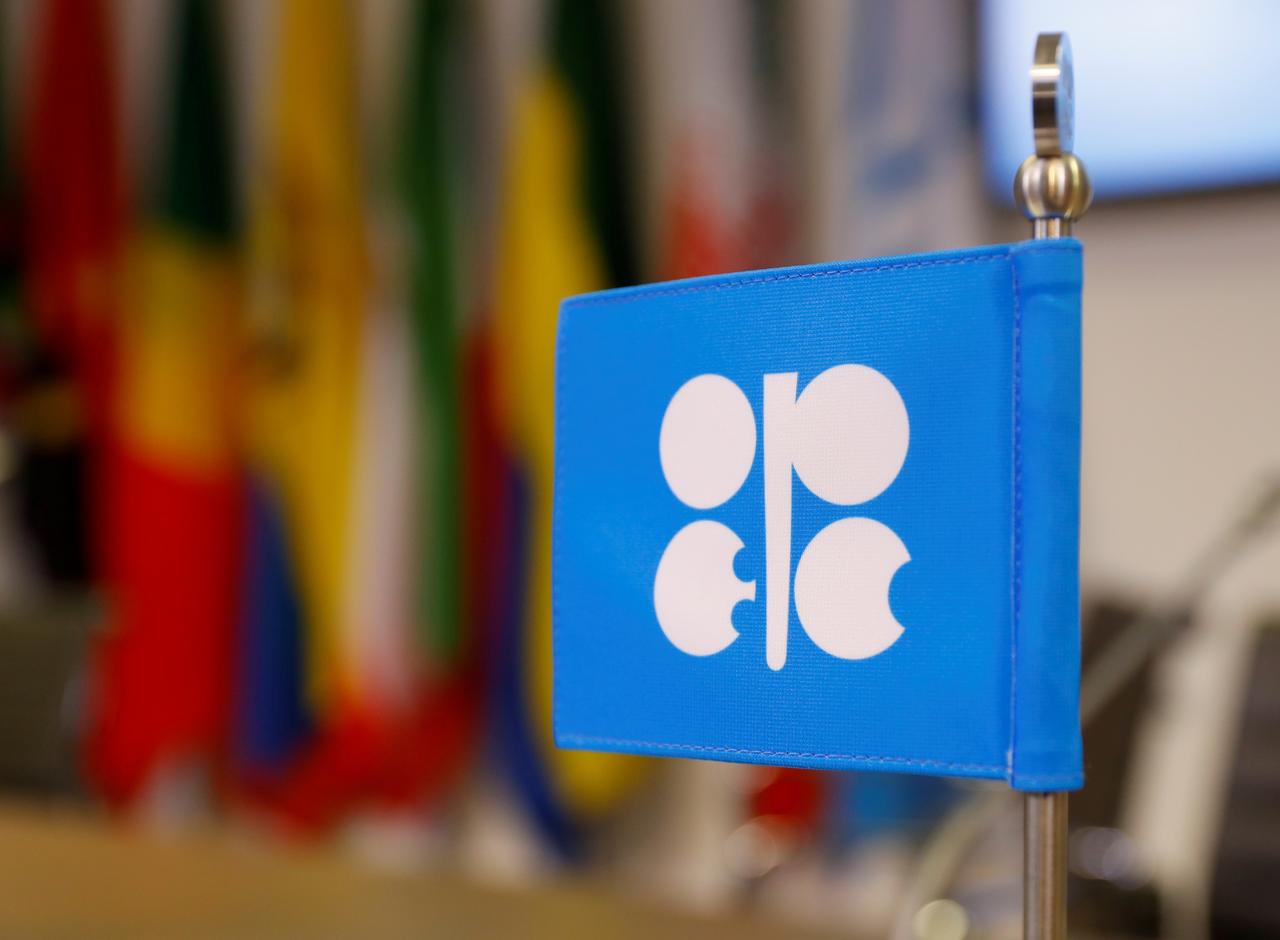
By Adedapo Adesanya
The Organisation of the Petroleum Exporting Countries and allies (OPEC+) has agreed to begin a modest increase in oil production of 206,000 barrels per day from April, just as the US-Israel war on Iran disrupted flows from key members of the group in the Middle East.
In a virtual meeting on Sunday, Saudi Arabia, Russia, Iraq, the United Arab Emirates, Kuwait, Kazakhstan, Algeria and Oman reviewed global supply and demand conditions before deciding to start unwinding part of their additional voluntary production cuts first announced in April 2023.
The countries agreed on a production adjustment of 206,000 barrels per day for April 2026, marking the first step in easing a 1.65 million barrels per day voluntary reduction introduced nearly three years ago.
In a statement issued after the talks, the group said low oil inventories and stable economic prospects justified a cautious return of supply to the market.
The 1.65 million barrels per day cut, announced in April 2023, was introduced alongside a separate 2.2 million barrels per day voluntary reduction unveiled in November 2023 as part of broader efforts by the OPEC+ alliance to stabilise prices amid economic uncertainty and fluctuating demand.
The eight producers stressed that the 1.65 million barrels per day could be restored “in part or in full” depending on evolving market conditions, and reiterated their readiness to pause or reverse the unwinding if necessary.
“The countries will continue to closely monitor and assess market conditions,” the statement said, adding that flexibility would remain central to the group’s strategy.
The move signals confidence among the core OPEC+ members that supply constraints have successfully supported prices while preventing excessive stockpiling. Analysts note that Brent crude prices have remained relatively firm in recent months, supported by disciplined output management and resilient Asian demand.
However, the producers underscored that the adjustment does not mark a full return to pre-cut production levels. They reaffirmed their commitment to the 2022 Declaration of Cooperation, the framework binding OPEC members and non-OPEC allies such as Russia, and said compliance would continue to be monitored by the Joint Ministerial Monitoring Committee (JMMC).
The group also confirmed that countries which have overproduced since January 2024 would fully compensate for excess output. Compensation plans are expected to be reviewed monthly.
OPEC+, which accounts for roughly 40 per cent of global crude supply, has repeatedly adjusted output since the Covid-19 pandemic in response to demand shocks, geopolitical tensions and inflationary pressures.
The eight countries will hold monthly meetings to assess market developments, conformity and compensation levels, with their next gathering scheduled for April 5, 2026.
Meanwhile, oil, gas and other shipments from the Middle East via the Strait of Hormuz have come to a halt since Saturday after shipowners received a warning from Iran saying the area was closed for navigation.
Economy
NASD Exchange Rises 1.22% on Sustained Bargain-Hunting

By Adedapo Adesanya
Strong appetite for unlisted stocks further raised the NASD Over-the-Counter (OTC) Securities Exchange by 1.22 per cent on Friday, February 27.
Data revealed that the NASD Unlisted Security Index (NSI) was up by 49.41 points to 4,083.87 points from 4,034.46 points, and lifted the market capitalisation by N19.56 billion to N2.433 trillion from N2.413 trillion.
The volume of securities bought and sold by investors increased by 243.0 per cent to 4.5 million units from 1.3 million units, and the number of deals grew by 15.8 per cent to 44 deals from 38 deals, while the value of securities went down by 19.7 per cent to N82.5 million from N102.8 million.
Central Securities Clearing System (CSCS) Plc ended the session as the most active stock by value on a year-to-date basis with 35.0 million units valued at N2.1 billion, followed by Okitipupa Plc with 6.3 million units worth N1.1 billion, and Geo-Fluids Plc with 122.8 million units transacted for N480.4 million.
Resourcery Plc ended the day as the most traded stock by volume on a year-to-date basis with 1.05 billion units sold for N408.7 million, followed by Geo-Fluids Plc with 122.8 million units valued at N480.4 million, and CSCS Plc with 35.0 million units traded for N2.1 billion.
There were six price gainers yesterday led by FrieslandCampina Wamco Nigeria Plc, which added N9.02 to close at N111.46 per unui compared with the previous day’s N102.44 per unit, Nipco Plc appreciated by N6.00 to N284.00 per share from N278.00 per share, CSCS Plc recouped N1.87 to sell at N70.12 per unit versus Thursday’s value of N68.25 per unit, Geo-Fluids Plc improved by 17 Kobo to close at N3.18 per share versus N3.01 per share, Industrial and General Insurance (IGI) Plc advanced by 5 Kobo to sell at N50 Kobo per unit versus the preceding day’s 45 Kobo per unit, and Acorn Petroleum Plc chalked up 2 Kobo to settle at N1.34 per share, in contrast to the previous day’s N1.32 per share.
-

 Feature/OPED6 years ago
Feature/OPED6 years agoDavos was Different this year
-
Travel/Tourism10 years ago
Lagos Seals Western Lodge Hotel In Ikorodu
-

 Showbiz3 years ago
Showbiz3 years agoEstranged Lover Releases Videos of Empress Njamah Bathing
-

 Banking8 years ago
Banking8 years agoSort Codes of GTBank Branches in Nigeria
-

 Economy3 years ago
Economy3 years agoSubsidy Removal: CNG at N130 Per Litre Cheaper Than Petrol—IPMAN
-

 Banking3 years ago
Banking3 years agoSort Codes of UBA Branches in Nigeria
-

 Banking3 years ago
Banking3 years agoFirst Bank Announces Planned Downtime
-

 Sports3 years ago
Sports3 years agoHighest Paid Nigerian Footballer – How Much Do Nigerian Footballers Earn






